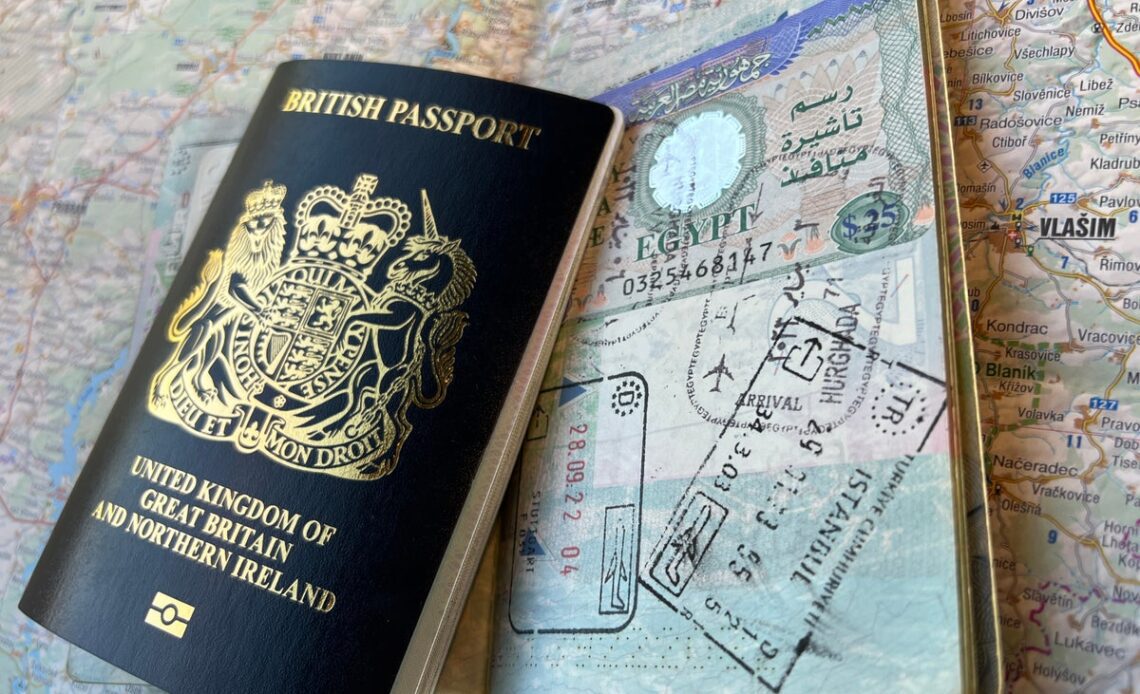Five years ago HM Passport Office had a good reputation for swiftly dealing with passport applications. In February 2018 the then-immigration minister, Caroline Nokes, told Parliament: “We currently process 99.9 per cent of straightforward applications within three weeks.
“On average, customers making a non-priority application can expect their passport to be issued seven working days after the application is made.”
Today, HM Passport Office still issues most passports within three weeks – but the number which are not processed in this time has risen 30-fold since 2018; three per cent are not issued within this time.
The authority, part of the Home Office, insists: “Allow up to 10 weeks to receive your passport.”
Yet many people, particularly if they are regular business travellers, will find it difficult to identify a spell of 10 weeks when they can guarantee not to be travelling abroad.
The government says people should use one of the premium services for a renewal in a week or less. But for travellers who qualify, a second British passport could be the answer.
Is it legal to have two passports?
Yes. British travellers who hold a passport issued by a different country, such as Ireland, are in a strong position. They are able to use either document – a substantial advantage when travelling to the European Union or to countries that impose high visa fees for UK passport holders.
But many of us lack the fortune to have Irish ancestors and qualify only for British passport. You can have as many as the authorities deem necessary – though getting three is a stretch, and even for two you will need to provide some proof that you meet the requirements.
What are the conditions?
The official stance is that HM Passport Office does not usually allow more than one passport per person. But if the traveller can prove a genuine need for one then it can be issued fairly routinely.
There are three broad concessions:
- Frequent travel abroad, usually for work (eg airline staff), business or study.
- Visa procurement: some nations hang on to a passport for weeks, potentially preventing visits elsewhere while the application is processed.
- Travelling to incompatible countries – where evidence of a visit to Israel, for example, can prevent you from travelling to a different nation.
How do I prove it?
The frequent travel justification is generally the…
Click Here to Read the Full Original Article at The Independent Travel…
